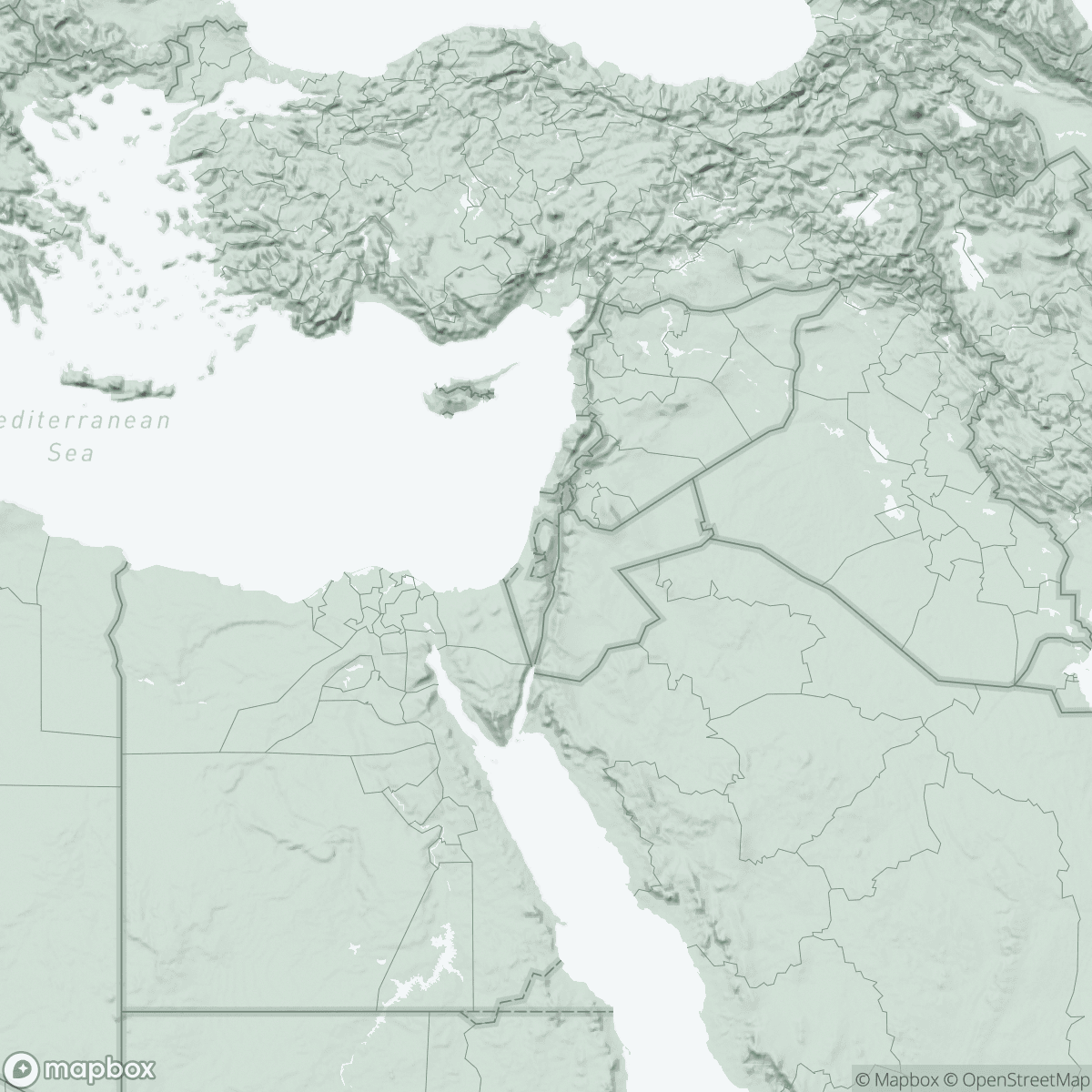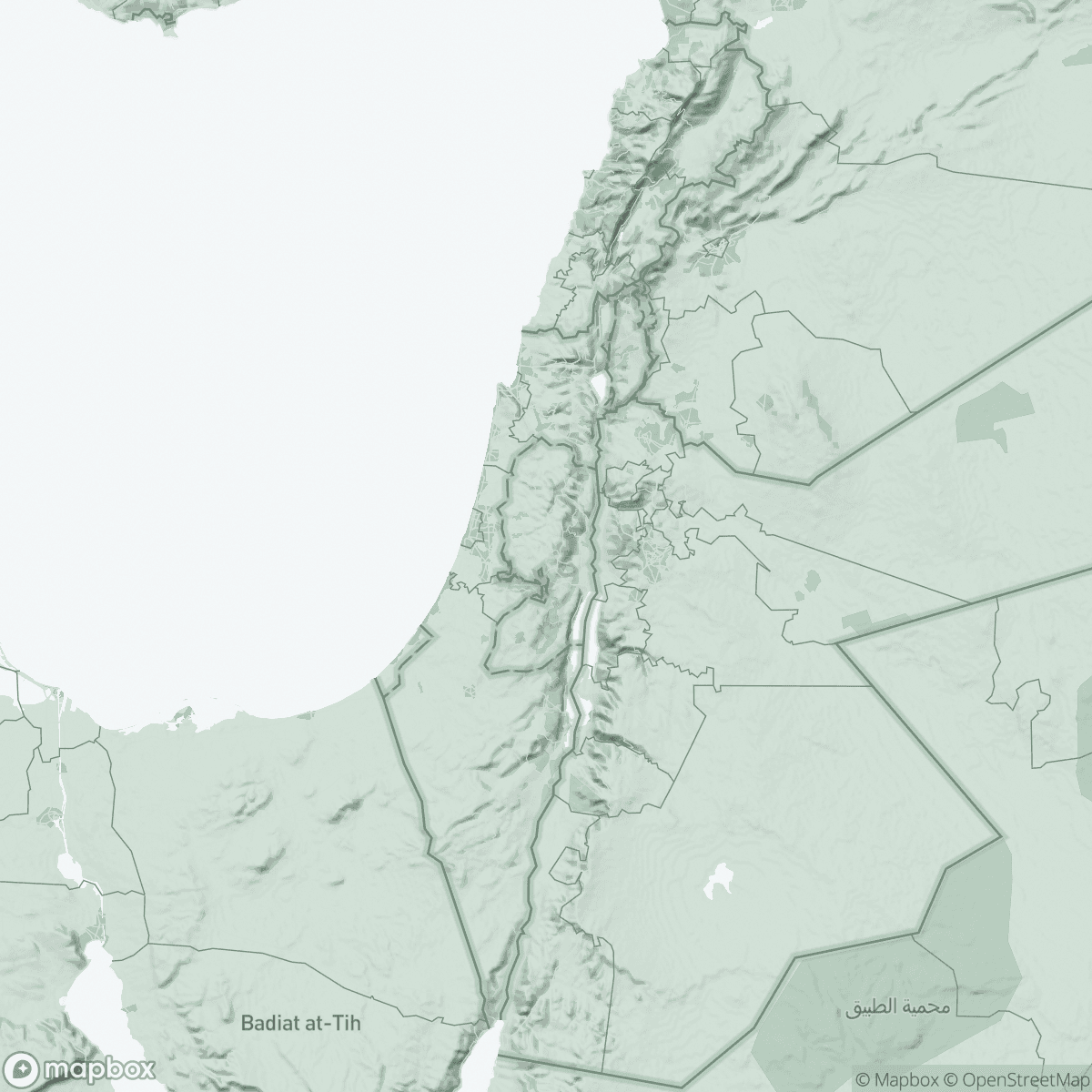
Ceasefire in Gaza: Humanitarian aid must flow immediately
In 1 click, help us spread this information :
The announcement of the first phase of the ceasefire in Gaza brings a welcome moment of relief for exhausted, starved, and grieving Palestinians and a great relief to the families of all hostages — but it comes after more than two years and over 67,000 lost lives.
While we welcome the ceasefire, it does not mark the end of this horrendous suffering — people in Gaza are left to survive amid the ruins of what was once their home, facing immense medical, psychological, and material needs.
The feeling of our colleagues and the people around us is one of hope, a lot of hope, wishing that this nightmare will finally stop and they will be able to be at peace, be able to recover from their trauma, both physical and mental. But there's also a lot of uncertainty of what is going to happen, what are the next steps,” says Jacob Granger, MSF emergency coordinator in Gaza.
The ceasefire must be respected and sustained because it's the only way that will allow care to be provided at the scale people desperately need — something that was impossible under siege and bombardment. In the long term, we hope to see this ceasefire leading to efforts to rebuild the Strip, including restoring the shattered healthcare system.
The most basic necessities are still urgently needed in Gaza: medical equipment, medicines, food, water, fuel, and adequate shelter for two million people who will face the approaching winter without a roof over their heads.
This ceasefire must be accompanied by an immediate massive and sustained scale-up of aid into and across the Strip, including the north.
We urge the Israeli authorities to allow a sufficient and unimpeded flow of humanitarian assistance and to authorize medical evacuations for patients in need of urgent specialist care. At the same time, the UN-led humanitarian coordination mechanism must be reinstated to guarantee safe and impartial access to aid for those in need, wherever they are in the Gaza Strip.
Testimony of Jacob Granger, MSF Emergency Coordinator in Gaza:
The situation today is calmer than yesterday, when military operations were still ongoing in Gaza City. This morning, explosions could still be heard — some very loud — along with attacks, drones, and aircraft. For now, it seems there is more calm. This is a great source of hope.
People are hoping that hostilities will cease. They hope to stop living in fear, to stop facing the risk of dying or being injured at any time of the day or night, anywhere. There is also a sense of despair, as the Gaza Strip has been almost completely destroyed by Israeli forces.
All the colleagues I’ve spoken to hope for safety, yet at the same time they ask where to go, what to do. They had a home, a car, children who went to school — and now they are all living under plastic sheets, in tents. For two years, this population has endured multiple wounds, food and water shortages, and has had to move eight, ten times.
The humanitarian situation requires that supplies and humanitarian actors be allowed to enter, that medical staff be kept safe, and that the population be protected so they can rest and recover from the trauma — both physical and mental.
The priority is to deliver medical aid and water to the population without obstruction from the Israeli authorities, which means we must be able to bring our supplies into the Gaza Strip in large quantities. We also need to be able to bring our international staff into the Gaza Strip without being prevented from doing so.
Winter is approaching, and people are living in overcrowded, extremely precarious conditions, without access to hygiene or a warm shelter,” concludes Jacob Granger, MSF Emergency Coordinator in Gaza.

